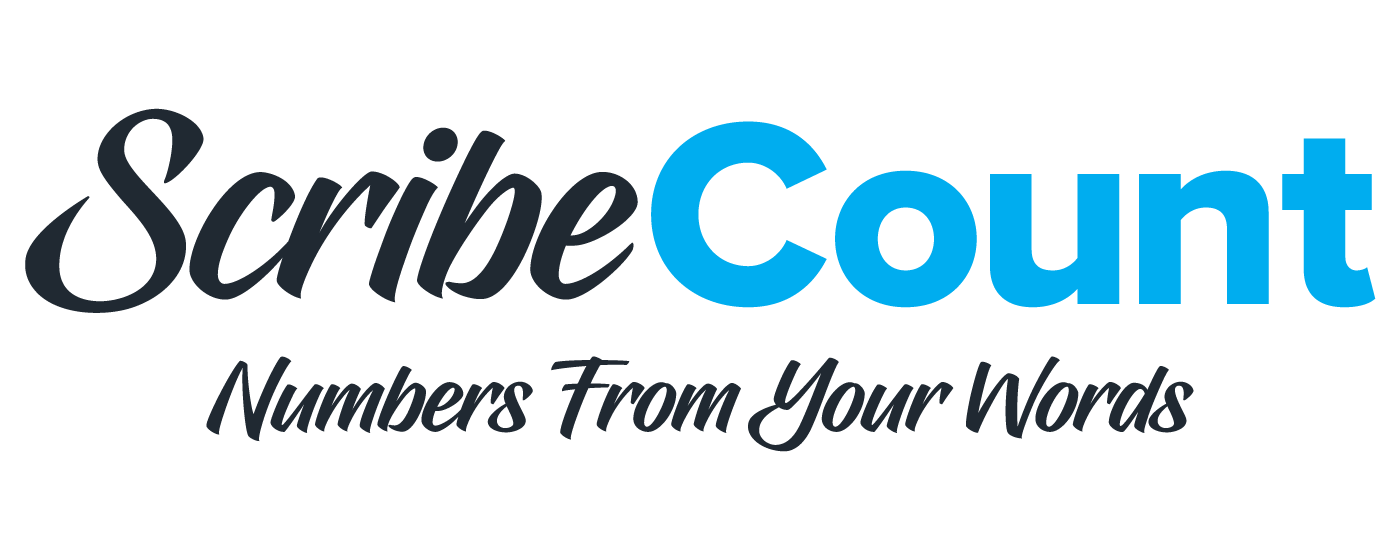I don’t think I’ve met an author who hasn’t dreamed of having a bestseller.
There are a lot of good reasons for that. So many! One is the sheer amount of royalties that come in with a bestseller. You could easily out-earn many annual salaries in a few days, particularly as a self-published author. Your next book is likely to be better received. Your mailing list gets a boost. If you’re published traditionally, you can bet that your publishing house will be more excited about another book deal.
And that’s before we even go into the emotional satisfaction of having so many people read your book, enjoy your book, and recommend it to others. You finally Did the Thing! You hit all the tropes! People are enjoying it!
It makes sense to dream of that. I think we all do. A book is a social thing, after all—it comes alive when people read it and respond to it.
The danger, I think, comes when we tell ourselves that a bestseller (or a string of them) is the only way to have a successful career as an indie author.
At the beginning, self-publishing had something to prove—or, a lot of things. Self-published authors wanted to prove that agents and publishing houses weren’t the best or only decision makers on what would sell (authors from marginalized communities, particularly, found that the market for their work was far larger than traditional publishing had ever imagined). We also wanted to prove that we could produce books just as good or better than the books coming out of the traditional publishing houses.
We had a lot going for us. We were nimble. We were smart. We were adaptable. We could assess market trends and have a full-length novel on the market within a matter of weeks, blowing tradpub out of the water. From the 21-day cliff to the basics of cover design, there was nothing that someonecouldn’t figure out, and we shared information with one another.
I’ve talked about advice before, and the dangers of confusing information and opinion, but there’s another danger to advice: it presumes that it knows your ideal end point.
I, in particular, fell hard for the advice that I should be able to spit out bestseller after bestseller, catch the wave, make mid 5 figures per month regularly. All I needed to do was follow 32 easy steps in my writing, 54 in my marketing, stack my promos just so—
And, in the process, I lost a lot of what had made writing so magical for me. I wrote stories that I and certain readers adored. Some months, I did make 5 figures. But I wasn’t a huge name. My work probably wasn’t ever going to have a bestseller moment. I wasn’t going to hit the NYTimes or USAToday bestseller lists. I wasn’t going to have traditional publishers banging down my door to get me to sign book deals with them.
I could have stayed where I was. I probably should have. The money was more than enough and I was passionate about the work. Instead, I burned myself out trying to make my writing do things that it never had to do in the first place.
There’s a certain irony in being able to walk away from the dream of being traditionally published, and then falling headfirst into the trap of thinking there’s only one way to do indie publishing, too. In hindsight, it’s amusing, and it’s also far more clear that I was aiming for things that didn’t really work with what I wanted my writing or my career to be. At the time, however, I felt lost. I was looking for advice, and I failed to notice that a lot of that advice wasn’t leading somewhere I wanted to go.
So, if you’re someone who is chasing that bestseller, if that is what you want for your career and that is how you have fun writing, excellent.I mean it! We’ll have plenty of posts here for you and plenty of resources. (We’ll probably also devour your books!)
However, if you’re feeling the faint sense that something isn’t quite right, that you haven’t enjoyed your writing for a while, that you’re burning out…maybe examine where you’re headed, and where you truly want to be. There’s nothing that says a “successful” writing career has to be full-time writing. Maybe you adore your day-job, or may you just prefer writing when it’s not paying your bills. That’s okay. There’s nothing that says you haveto tailor your books to catch trends, or that you have to write for more than a niche group. We’ll also have blog posts and resources for you!
Have a story you want to share about forging your own path in writing? Send me an email at philippa.werner@scribecount.com– I’d love to hear what you’ve been doing and how you got there!



